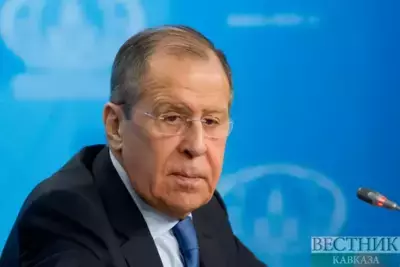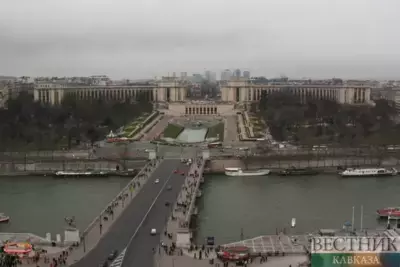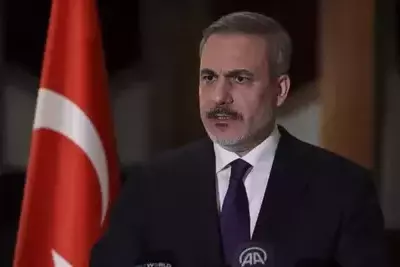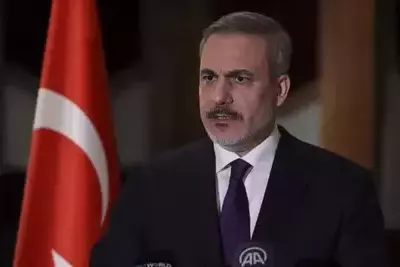The German Newspaper “Handelsblat” wrote an article about the new refugee crisis in Syria and German Interior Minister Horst Seehofer’s upcoming visit to Turkey to negotiate a solution to the problem. Below is the summary of the article.
The article focuses on the new refugee crisis in Europe, as the number of Syrian refugees traveling from Turkey to Greece is constantly increasing and the migration pact between the EU and Turkey could be growing dim. The German Minister of Internal Affairs Horst Seehofer is alarmed by the situation. He speaks of an increasing “migration pressure,” which could only be met with a “European solution”. He will travel to Ankara with his French colleague Christophe Castaner and EU Migration Commissioner Dimitris Avramopoulos for talks on 3 October.
Behind the scenes the talks about a new financial aid to Turkey are already underway, in Berlin, as well as in Brussels. In Germany, the SPD parliamentary group is pushing ahead for this. They want to accommodate Turkey’s demands. The country has “taken more refugees than all the countries of the European Union [combined],” said a resolution by the working group on migration to SPD domestic politician Lars Castellucci. The document states that the EU should offer to relocate more Syrians from Turkey to Europe and that Germany should increase its commitment to 20,000 people for resettlement for the following period.
But resistance comes from SPD’s coalition partners, the CDU, who set the number of 220,000 accepted refugees as the absolute limit of refugee relocations to Germany, according to CDU politician Martin Schuster. But there is also sympathy within the CDU for increasing the relocation quota. “The admission through regular resettlement programs is always better for me than illegal entry” emphasized Schuster.
The situation in Syria and the Turkish response
The migration pressure is increasing in the Eastern Mediterranean as a result of the Syrian civil war’s frontal shift. Pro-regime troops, supported by Russian fighter jets, have launched an offensive on Idlib, the last Syrian rebel stronghold. More than 3 million people live in the city, and auxiliary troops report that 500,000 are already fleeing the city in the direction of Turkey.
“Such a bad development will affect not only our country, but also the whole of Europe,” says Turkish President Recep Tayyip Erdogan. Should Erdogan decide to wave the refugees to Europe, he would plunge the EU into a crisis, according to the newspaper.
Turkey already faces a refugee issue, as it houses more than four million people from Syria, Afghanistan, Iraq and countries from Africa in need of protection. The sudden growth of the population has torn the Turkish economy apart, as the country faces price inflation for food, higher rental prices and a growing black market for labour.
In August, the Turkish government responded by introducing harsher monitoring mechanisms to check if the refugees are actually living in the province in which they were registered. Erdogan is also pushing the issue of repatriation. He calls for a security zone in Northeastern Syria along the Turkish border. According to Erdogan’s plan, up to two million Syrians are to be settled in a 30-kilometer-wide strip between the Euphrates River and the Iraqi border, refugees from Europe would also be allowed to settle this zone.
In Berlin, this plan is seen with scepticism as Ankara's concern is not just humanitarian aid. In the region, the YPG militia, with the help of the United States, have created a quasi-autonomous region and expelled ISIS jihadists. Turkey regards the YPG as an arm of the Kurdish terror group PKK and thus wants to deal with this issue as well by resettling the refugees.
















